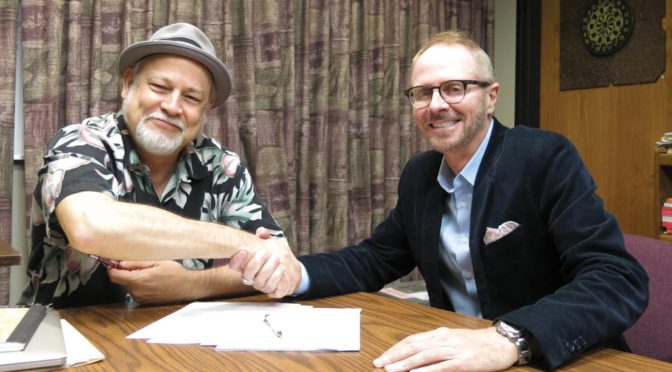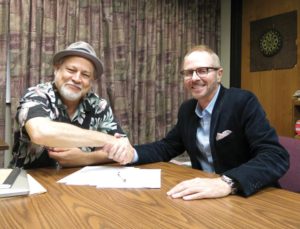On Friday, January 19, journalists at the Los Angeles Times voted overwhelmingly, 248-44 in favor of a union. It’s a milestone for the 136-year-old paper that historically has been under management hostile to unionization.
Through their membership in the News Guild-Communications Workers of America, LA Times reporters and staff members, all “at-will employees” without benefits, can now focus on negotiating job protections. There are few reporters who have not felt the “specter of layoffs,” says reporter Carolina Miranda. The LA Times, which employs about 500 newsroom employees—down from 1,200 at the turn of the millennium—has experienced multiple layoffs and buyouts, including a mass layoff of 250 people in 2008.
According to Dave Roeder, a consultant for the Chicago News Guild, “[The LA Times union drive] has prompted a lot of discussion among journalists here in Chicago who are not in the union. Is it a time to organize so we can better advocate for ourselves with ownership? In the difficult state of this business, you find old-line media that are in the hands of owners who may not have journalism as a core principle; they might just be interested in mining the company for assets, selling what they can, and leaving the rest. The case for being in a union in this field, in particular, is very clear right now.”













